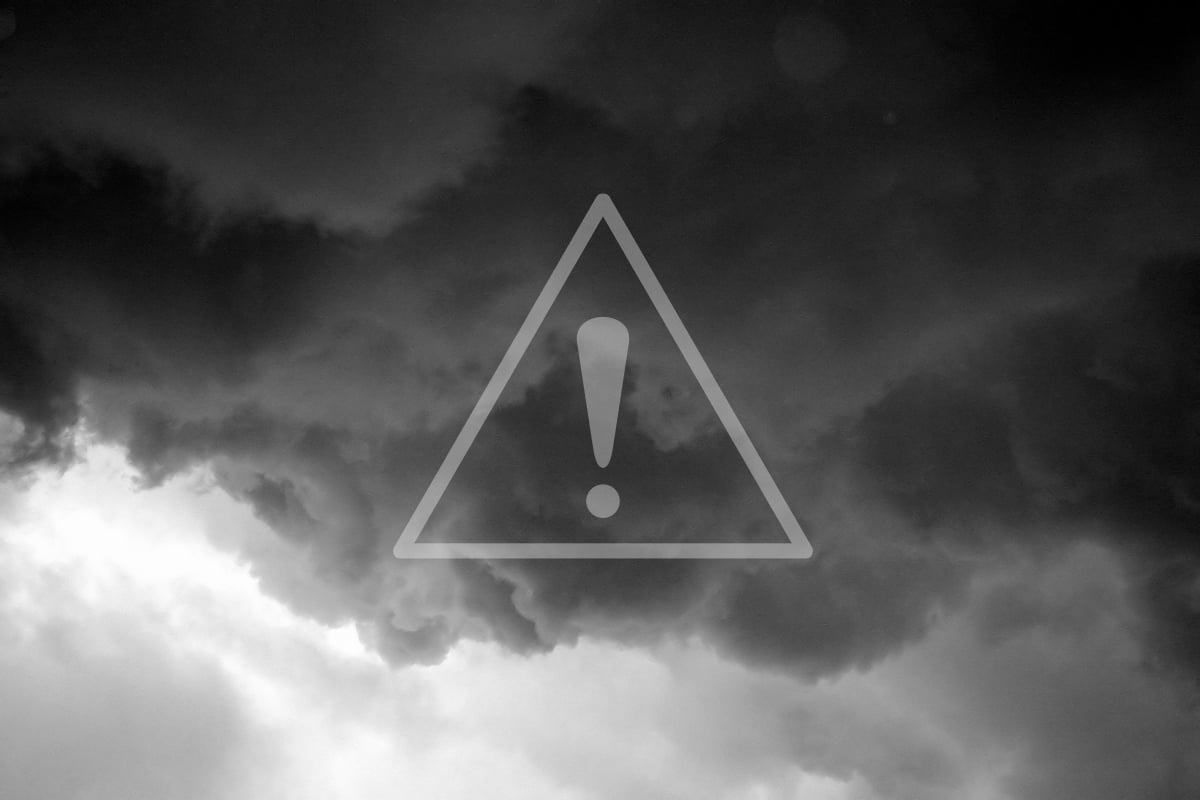Tornadoes, hurricanes, wildfires and other severe weather events can cause significant emotional, physical and financial distress to those in their path. Planning ahead in case of an emergency is the key to staying safe and reducing impact, especially for older adults who may be dealing with things like mobility issues or other physical or medical challenges.
However, according to a recent report from the National Poll on Healthy Aging, many older adults have not taken key steps recommended by disaster preparedness agencies. Less than half of respondents said they had signed up to receive alerts through their community’s emergency warning system, and three in four individuals who use medical equipment that requires electricity did not have an alternative power source.
These statistics are concerning, especially as this year has already brought powerful floods, droughts, and unusually early heat waves globally – and it seems there’s more extreme weather on the way. In fact, the National Oceanic and Atmospheric Administration predicted above-normal temperatures for most of the U.S. this summer and expects above-average hurricane activity this year. For older adults, especially those who live alone, preparation and taking extra steps to ensure safety should be a priority.
“Navigating severe weather and emergencies can be extremely stressful, but for older adults who may need to consider mobility issues, vision impairment, medication management, and other challenges, it may be harder to prepare and respond to these events,” said Lakelyn Hogan Eichenberger, Ph.D., gerontologist and caregiving advocate at Home Instead. “Creating a plan, organizing important documents and relying on the support of friends, family members, and caregivers, can go a long way in helping seniors feel safe.”
3 Steps to Prepare Older Adults for Extreme Weather
Step 1: Create a Communication Plan
- Create a plan for your aging loved one that includes where they will go, who they will call, and what they will take with them if they need to leave home in the event of a weather emergency. Be sure to practice with a loved one. Have a back-up plan for who an older adult can check in with if a family member is unavailable – either a neighbor, caregiver, or family friend.
- Don’t rely on a cell phone contact list. Create a hard copy with contact information for family members and friends and leave a copy by the phone and in an emergency kit. Make sure all family caregivers have this list, as well as neighbors and professional caregivers who may be checking in.
- Designate one local contact and one out-of-town contact to call during or after a disaster. Long-distance calls may be easier to make when local areas are impacted. Ensure everyone is on board with this chain of communication.
- Discuss and revise the plan annually to assess any physical changes or limitations that may require alterations to the plan. Situations change, so it is a good idea to revisit arrangements to confirm it is still the best course of action and everyone is kept in the loop.
Step 2: Be Prepared to Evacuate
- Pack an emergency ready kit with medications, essential medical supplies, non-perishable snacks, bottled water, local maps, a flashlight with extra batteries, and a cell phone with a charger and backup battery. Include important documents such as identification, insurance cards, and key financial information, emergency contact information, and a copy of your will.
- Plan on where you will go during an evacuation. Keep a copy of exit routes and meeting locations in a convenient place. If not ordered to evacuate, go to the basement during a tornado. During a hurricane or tropical storm, sheltering in an interior room, closet, or hallway is best.
- It might also be a good time to review an older adult’s Home Safety Checklist to make sure that there is a safe way to exit or shelter in place.
Step 3: Stay Informed
- Be aware of emergency resources, such as local plans for emergency alerts, evacuation, and shelter resources available in your loved one’s community. Visit the local Area Agency on Aging or area community center for resources and recommendations for your region.
- Set up weather alerts on your aging loved one’s phone to get severe weather alerts and live updates. Out-of-town family can also set up weather alerts for a loved one’s area, so they are aware of when there is an emergency.
If you live in an area at risk of wildfires, check out 10 Tips to Keep Seniors Safe from Wildfires.
And consider that in the event of a natural disaster or weather emergency, having a professional caregiver in the home to support an older loved one can be comforting. A professional caregiver can help provide a sense of safety, keep a senior’s routine as normal as possible, and regularly update family members.



